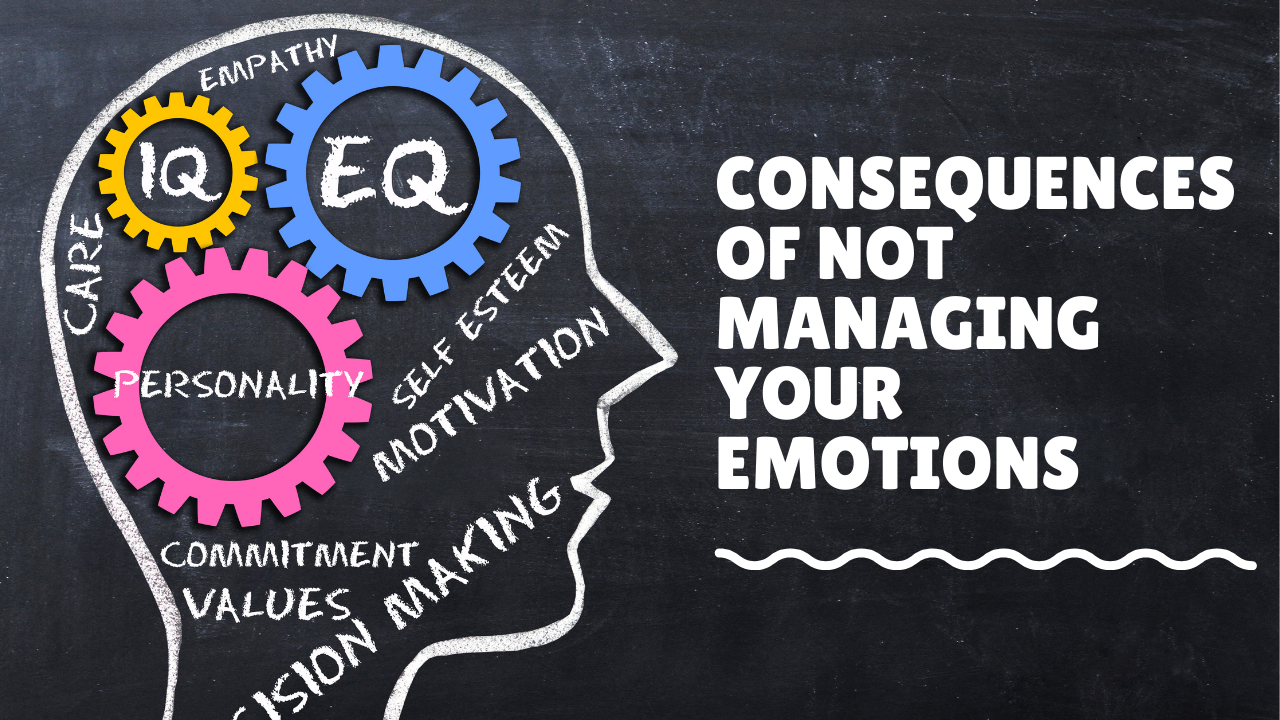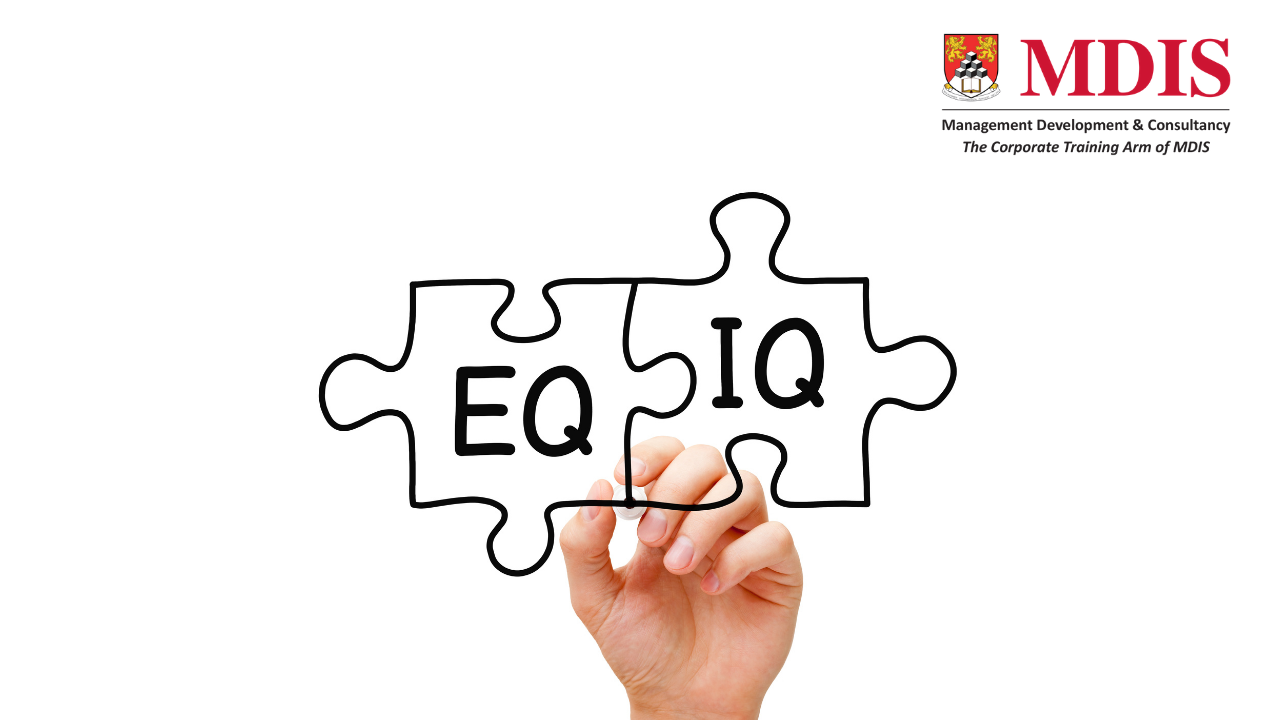
A person who has no control over his or her emotions will likely be engaged in issues, strives, and constant arguments. One needs to consider the fact that emotions are momentary actions, but their consequences will always have a prolonged and massive effect on one’s life.
Whether it is about containing your excitement or holding your anger, you need to exercise control over both positive and negative emotions. Controlling your emotions is very important for one’s overall wellbeing too. The fact that not all negative emotions are associated with uncomfortable feelings shows that one can manipulate such feelings for one’s good.
There five consequences of not being in control or managing your emotions as followed -
- A good relationship could be damaged or ended
The primary reason most relationships break up is not due to lack of money or affection but lack of communication and control of anger. Statistics have shown that couples who have compassion for each other and forgive each other’s shortcomings will likely sustain long term relationships. When you don’t learn to overlook certain things, your emotions will override your rational reasoning.
- You will frequently get into problems, issues or conflicts with others
When your emotions take control of you, you end up getting into problems with your colleagues at work, your friends and family who may find your temperament unsafe. Nobody wants to recommend an intensely emotional person for new positions at workplaces; neither will you get new responsibilities that can enhance your career because of your intense negative emotions.
- Project a bad reputation of yourself
Bad reputations result in negative emotions, which means you will constantly receive negative reviews and may end up with nobody recommending you for any jobs or even a good job position.

- Tend to be isolated
With bad reputations, your friends, colleagues, and even family members will eventually desert you. Having control over your emotions does not mean you must take in all insults, and attacks from people, it only means you must respond appropriately, and at the right time. Most importantly, learning to weigh the consequences of your emotional responses so that you don’t cause too much damage to the recipient or your personality.
- Affect your health
Continuous emotional outbursts can link to several unhealthy conditions such as high blood pressure, heart attack, stroke, headaches or weakening of your body immune system.
Given the above five consequences, it is essential that we periodically conduct an ‘emotions” self-check, ensuring that we keep out emotions in check. A practical method is through a self-reflection on a past emotional outburst. Identify what the triggers were and how they could have prevented. Another method is by attending training courses to equip ourselves with the understanding, use, and manage your own emotions in positive ways to relieve stress, communicate effectively, empathise with others, overcome challenges and defuse conflict.
Learn more about how to boost your emotional intelligence from these two exciting courses.
- How To Manage Emotions at Workplace
- Using Emotional Intelligence to Manage Oneself and Others (SkillsFuture Funded)
The article is contributed by Mr Francis Claudius, an Associate Trainer at the Management Development & Consultancy, MDIS’ Corporate Training Arm.